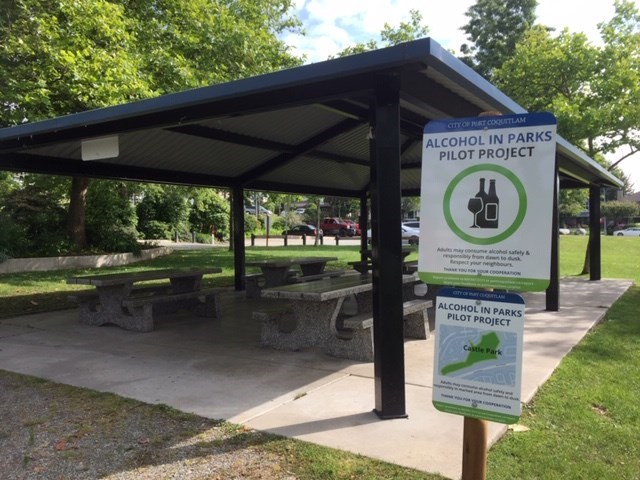The Editor:
Stories about parks appear frequently in the Tri City News, which is not surprising after the COVID-19 lockout, given how much fresh air and green have been missing from people's lives.
I recall reading about Port Coquitlam councillors working on a project introducing the approval of alcohol consumption in parks. Finally alcohol consumption is accepted in some parks.
Allowing people to relax in a park with a glass of wine was one of the reasons.
In the real world that we live in now, this is the world of the unknown future. COVID-19 is still present, climate change gave us lessons of challenges to our safety, inflation and ongoing war in Ukraine; all create a sense of global anxiety.
That is reflected in 2021 data from Statistics Canada, which recorded that 1,825 students between ages 18-24 died from alcohol-related unintentional injuries. What a tragedy to their families, friends and all of us!
About one in every 20 deaths worldwide is a result of the alcohol disease. For years alcohol in Canada has been a major cause of death, predominantly among the young population.
Alcoholism is not a curable condition, but is treatable. Alcohol is not a”relaxant”; in fact, anxiety and depression are the most frequent symptoms in an alcohol disease.
Treatment of this condition is difficult, because of its not only medical, but also psychological, social and religious aspects.
Addicted people in general are subjected to discrimination and stigmatization , which have a negative impact on providing a proper care for the affected individuals.
The best results have been seen among those who adopted the AA or NA support system, but only about I0 per cent of addicts remain clean and sober for the rest of their life with the AA involvement.
Youth are the most frequent visitors to parks, enjoying sport facilities. They would be of great help in future planning and in developing project for our parks.
Students may reach out to those who are struggling or on the way to addiction.
Parental use of alcohol as a relaxant to help with anxiety may be a lasting message to their kids to follow this path while having stress and anxiety.
Parks should be considered treasures, and the best mediators of our physical and mental health.
In conclusion, It is important that community leaders carefully consider what the presence of alcohol in parks means to the public, and particularly to our young generation.
Let’s us have a walk in a park, with a water bottle in a backpack, enjoying nature.
- Dr. Maria Daszkiewicz, Psychiatrist Emeritus



